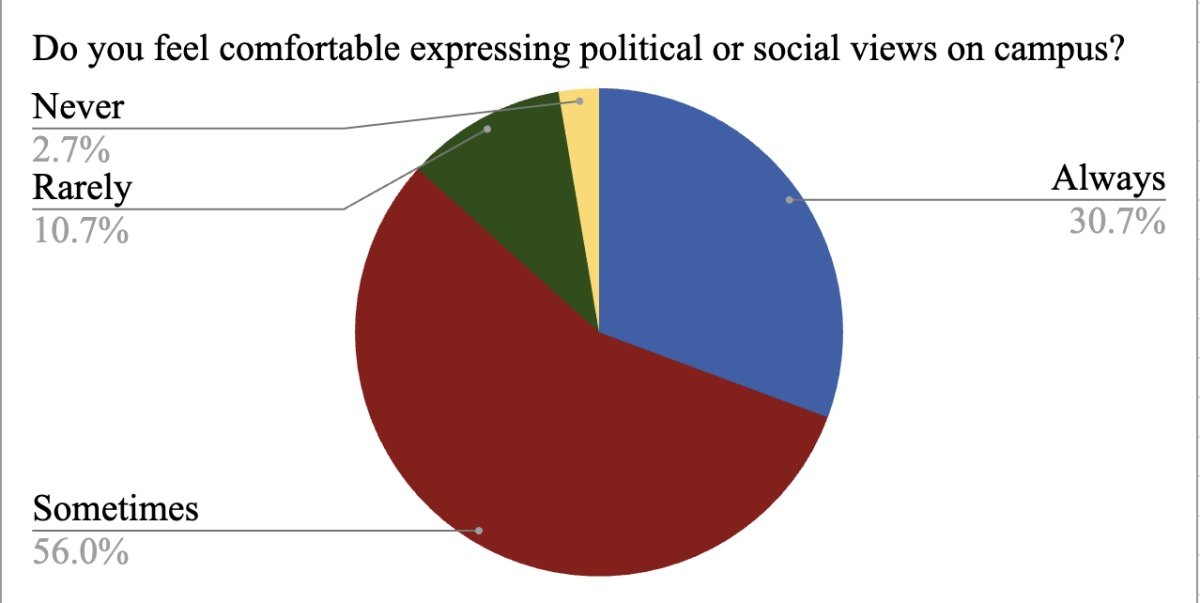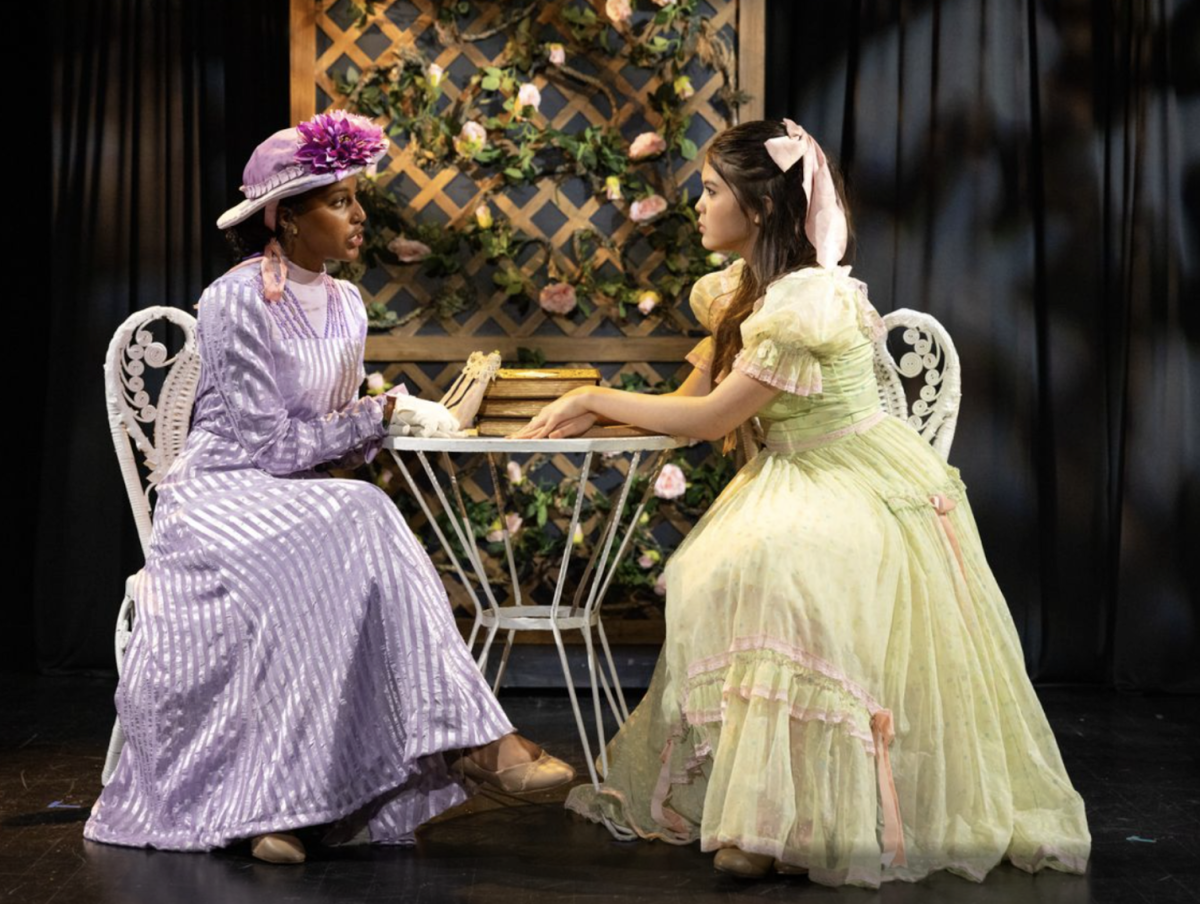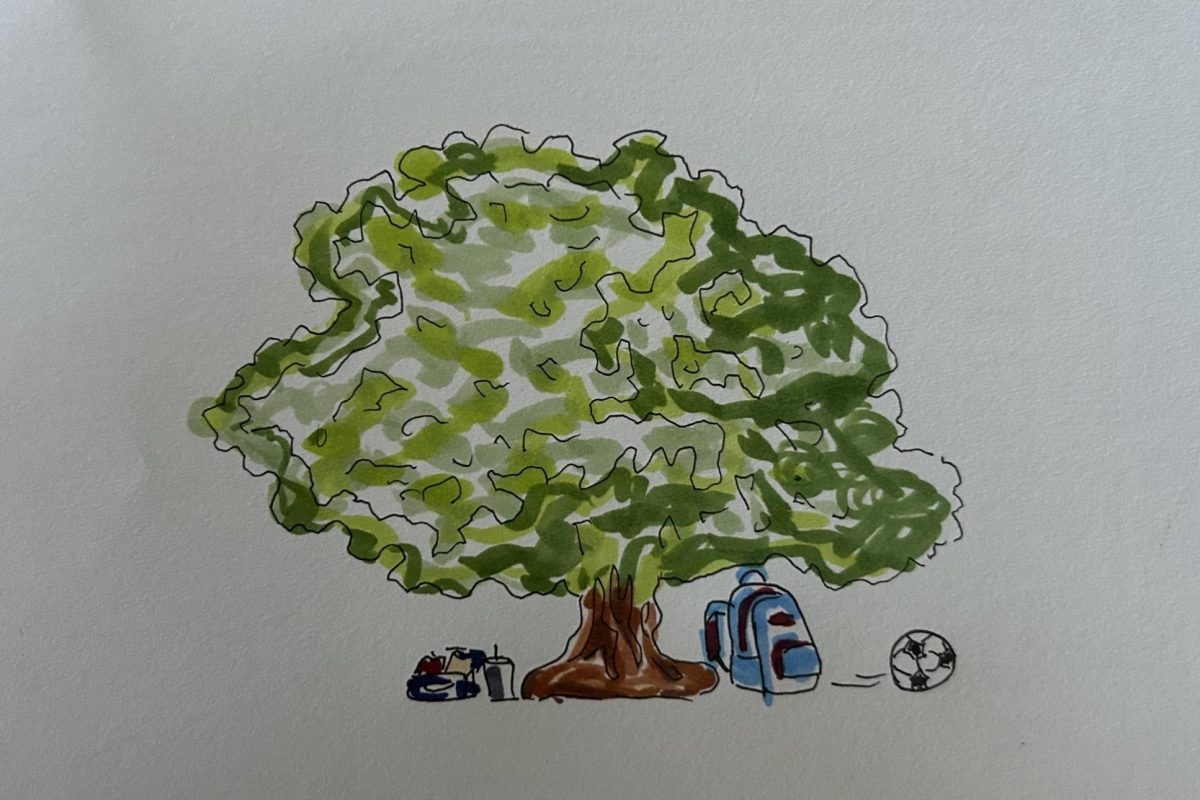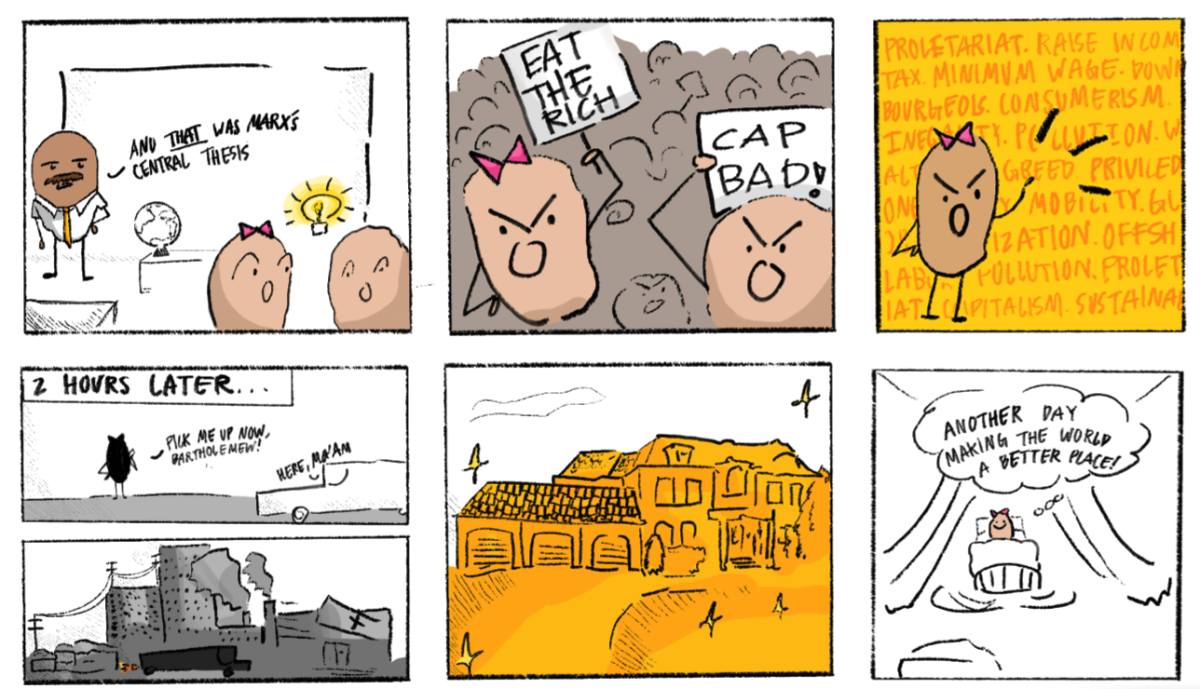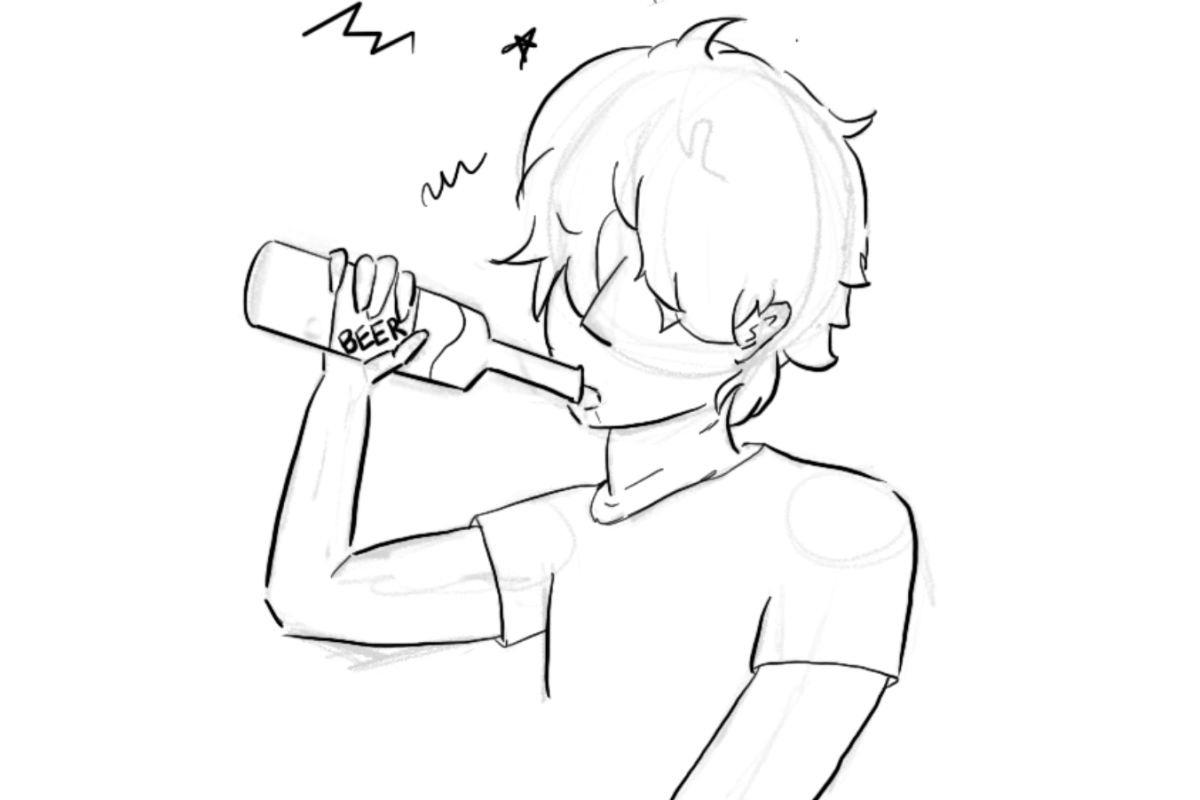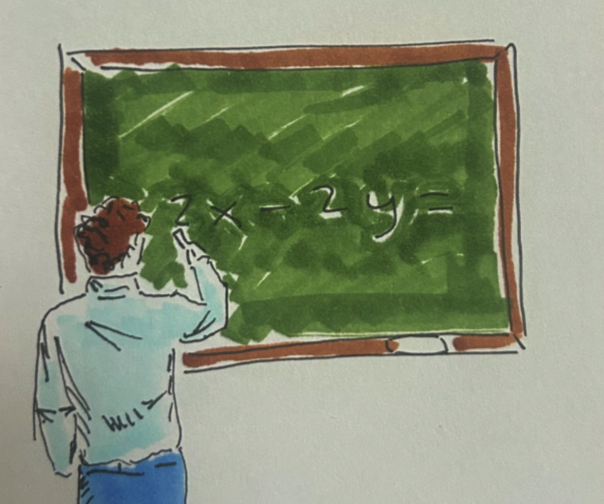Since its earliest documented consumption in 7000 BCE in ancient China, where people used rice, millet, grapes and honey to create fermented beverages, cultures from every region of the globe have incorporated alcohol into their diets. From sake, baijiu and soju of ancient Japan, China and Korea to wine, beer and scotch of ancient Greece, Egypt and Scotland, people have long enjoyed these alcoholic beverages.
Americans of today are no exception; we as a culture enjoy alcoholic beverages from various cultures. Despite alcohol’s popularity, in 1984, President Ronald Reagan enacted the National Minimum Drinking Age Act, which raised the legal drinking age in the United States from 18 to 21. However, revisiting this decision and lowering the minimum drinking age from 21 to 16 has advantages that could positively affect our society.
If we change the drinking age to 16, young Americans could legally have their first drinking experiences at home under the supervision of their parents. According to the American Addiction Centers, approximately one out of every 10 alcoholic drinks in the U.S. is consumed illegally by people under 21. If the legal drinking age were lowered and the “forbidden fruit” — alcohol — was no longer forbidden, societal norms would change. Alcohol would no longer be a symbol of rebellion, and there would be a more accepting view of responsible alcohol consumption by younger people. Of course, regulations and safety measures would need to be put into place. The government could supply schools with the resources to educate students about the dangers of alcohol abuse and safe consumption measures that apply to the real world, like the importance of not drinking and driving, instead of just teaching abstinence.
Furthermore, raising the drinking age to 21 did nothing to address the root causes of alcoholism. In Germany, where the drinking age is 18, only 3.4 percent of the population officially has a drinking disorder, while in the United States, according to the 2021 National Survey on Drug Use and Health (NSDUH), over 11 percent of adults reported having alcoholism in the past year — stemming primarily from psychological issues, stressful life events, familial issues or unstable jobs. Thus, a higher drinking age does not combat the root causes of alcohol abuse. Lowering the drinking age, though, would make alcohol, now discussed at an early age, more benign, since people would be better informed about how to seek help from mental health professionals rather than the bar when experiencing emotional distress or mental health crisis.
Regarding potential economic benefits, the alcohol business is a trillion-dollar industry that stands out for its long-lasting relationships between consumers and brands, with 18% customer loyalty compared to 10% customer loyalty for the non-alcoholic beverages industry; this relationship gives the sector a consistent consumer base that ensures a steady stream of income. Tapping into a previously untapped consumer base — teenagers who otherwise would be legally restricted from purchasing alcoholic products, alcohol companies would see a surge in sales, and the government would reap the financial benefits of excise and sales taxes collected from the purchase of alcoholic beverages. This money can then be used to create jobs and fund social services.
At the end of the day, a lowered drinking age will benefit not only individuals but also society as a whole. However, this change can only happen with the necessary advocacy from those who understand the nuances and regulations required for a lower drinking age. Alcohol still needs to be consumed responsibly, and policy must be enacted to ensure those who were once minors understand that the millennia-old beverage is not something to be played with or abused. By carefully navigating these specifics, we can have a safe approach to alcohol consumption that brings joy, freedom and a sense of personal responsibility to those who were once judged as too young to drink.

